
Assassin's Creed Mirage Review
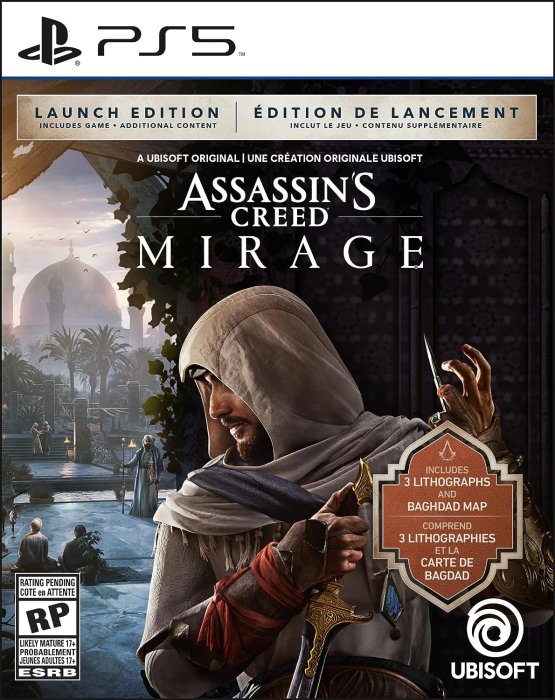
Pros
- Attractive environments
- Superbly scored
- Return to core assassination themes
- Efficient, succinct campaign and activities
- Agreeable price point
Cons
- Interesting, but blandly written characters
- Massive lack of gameplay evolution
- Frustrating mission navigation
- Dated combat and enemy A.I.
- Minor, but irritating bugs
For the past 15 years, Ubisoft has taken us on something of a fantastic voyage not only across the known globe, but also throughout time and space itself. Through the studio’s best-selling and hugely popular series Assassin’s Creed, players have been afforded the opportunity to visit some of the most fascinating periods known to man, learn about a wide variety of cultures, meet some of the most notable people in human history, and then murder them.
This ongoing history lesson-come-crime-spree umbrellas an alternate history, one that sees an eons-old battle play out between two secret societies: The Order of Assassins and the Templar Knights. These clandestine groups have operated behind the curtain for centuries, wrestling the balance of power from one another within the shadows of both the government and the proletariat. The struggle for peace through freedom (The Assassins) or oppression (The Templars) has seen the two societies wage war throughout every era of recorded history - a war bolstered by divine powers beyond comprehension, mysterious and powerful technologies, as well as the blood of its many victims.
This ambitious open-world series has followed The Order of Assassins as they ply their trade of stealth & stab throughout the Italian Renaissance, the French Revolution, the Age of Piracy, Ptolemaic Egypt, the American Civil War, and even the Viking Invasion of England. But, for the saga’s latest chapter, Assassin’s Creed Mirage will be visiting Baghdad of the 9th Century, at a time of great scholarly wisdom, historically known as the Islamic Golden Age.
Assassin’s Creed Mirage - representing the 13th mainline entry in the Assassin’s Creed series - serves as a prequel to Assassin’s Creed Valhalla (2020) and recounts the history of Valhalla side-character Basim ibn Ishaq. Mirage tells the tale of Basim’s rise from humble street thief to a notable member of “The Hidden Ones” - essentially the earliest incarnation of the Order of Assassins. Like so many of the Assassin’s Creed entries before it, Mirage follows a well-worn tale of a down-on-their-luck rogue who finds themselves destined for a greater role in the forming of civilization - forced to abandon their past life and take to the shadows as a silent soldier in the war against the Templars.
It should be immediately noted that Mirage boasts one of the most interesting locales and time periods in Assassin’s Creed history, with a distinct cast of characters set against a background of great intellectualism and advanced scholarly discourse. This setting is, (in the first of many ways), evidence that the development team is attempting to return to the series’ roots, placing heavy emphasis on the locale, its politics, and its people. Much like the chapters before it, Mirage chooses a very specific period in history for its newest tale of mystery and intrigue, while celebrating a culture that would contribute to the shaping of modern society.
Unfortunately, while 9th Century Baghdad makes for a captivating setting, Mirage suffers from some bland writing, with its story feeling oddly template, and far too familiar to the narratives of previous titles to have any significant impact. Basim is a warm, likable protagonist, and Mirage‘s dignified depiction of both Baghdad and Islamic culture is most certainly to be celebrated. But the story itself, unfortunately, doesn’t capitalize on this distinct setting or its characters, with a narrative that feels as if it could be applied to any time period with just a few tweaks.
(1 of 2) Basim will find help in the form of allies such as lifelong friend Nehal
Basim will find help in the form of allies such as lifelong friend Nehal (left), and the magnificent Imperial Eagle, Enkidu (right)
Assassin’s Creed Mirage is a title attempting to return to the series’ core themes, with the act of assassination itself prioritized first and foremost. Having strayed a little from the patience-testing stealth sequences of its earlier incarnations, Mirage welcomes back the Assassination setpieces, tasking the player with observing, gaining access to, and ultimately eliminating specific quarries hunkered down in well-defended locations. Helping Basim with his reconnaissance is his trusty eagle sidekick, Enkidu, who can take to the skies to mark enemies, entry opportunities, and other points of interest. For veteran fans, these satisfying, self-enclosed sequences will be most welcome, and will reignite memories of similar experiences in titles such as the stellar Assassin’s Creed II (2009).
In addition to these moments of silent slaughter, Mirage also re-embraces the acrobatic parkour action that has long been a series trademark. While every title has featured the Order of Assassins’ rooftop-running antics in some form or fashion, Mirage dedicates its city navigation almost entirely to this mode of transportation, encouraging the player to beat the street as rarely as possible, and instead use Baghdad’s densely-packed cities, cubic rooftops, guard towers, walls, and trellises as the through-line from Point A to Point B - not to mention the fastest way to beat a hasty retreat when the local guard gets a little too stab-happy.
This “back-to-basics” approach to classic Assassin’s Creed is commendable, and it’s difficult not to find exhilaration during Basim’s tense moments of murder, followed by fast, fluid escapes with alarm bells ringing in his ears. Unfortunately, however, you can’t spell “back to basics” without “basic”, and chasing the mechanics of 15 years past leads to Mirage’s most fundamental, but most prominent, issue: a distinct lack of evolution.
(1 of 2) Assassin’s Creed Mirage sees the series’ focus return to acrobatic parkour
Assassin’s Creed Mirage sees the series’ focus return to acrobatic parkour (left), and patient, skilfully plotted assassination (right)
While there is nothing inherently wrong with returning to the same gameplay that originally brought the franchise to the dance, little has been done to progress said gameplay beyond its ’00s conception. Though still relatively tight in control, the parkour mechanics can feel unwieldy - often misbehaving at the most critical of moments and especially when locked down in tight spaces. Additionally, the Assassination sequences, while engaging, feel dated by design, with unpredictable and even comical NPC behavior and inconsistent line-of-sight mechanics. While stealth series such as Hitman have evolved The Art of Digital Murder over the years, Mirage’s Assassination setpieces are presented in a form barely updated from the first titles in the franchise.
Mirage may have chosen to revisit the Assassin’s Creed mechanics of yesteryear, but it then negates to polish those mechanics to contemporary standards. As such, the overall gameplay carries a nagging sense of antiquation - with enemy A.I., mission design, map navigation, and control systems feeling generations old. The worst offender is the combat which, in an age defined by the sharp, meticulous encounters of Soulslikes, is woefully simplistic and disengaging. Hitting “Counter” then “Strike” to defeat almost every single enemy doesn’t really cut it anymore. No pun intended.
Even some of Mirage’s performance issues have a strange sense of antiquation about them. We had several “classic” open-world bugs such as Basim becoming trapped in the scenery, texture pop-in, frozen character animations, NPCs blocking doorways, and interaction prompts failing to appear, requiring a reload. These issues are minor and fixable, at least, but they do serve as another reminder to the aging nature of the product.
Assassin’s Creed Mirage is classic Assassin’s Creed - for better and for worse.
More positively, Mirage makes a concerted effort to pull back on what has come to be known in some gaming circles as “Ubibloat”. That is to say, Mirage succeeds in being tighter and more compact than previous entries, seemingly adopting a (much-needed) “less is more” mindset. Thanks to this, the story campaign is one of the shortest to date, (and helped by this brevity). And while the game map is still chockful of side missions, hidden areas, and the enjoyable treasure hunts known as “Enigmas”, Mirage dials down on relentlessly bombarding the player with icons, becoming a much better release for it.
Now, don’t interpret that statement as “There’s a lot less to do”. This is still a Ubisoft Original, (as we’re clunkily reminded by an on-screen graphic, 30 minutes in), and so loot seekers, wardrobe-fillers, dye-grinders, and hay bale divers will still find themselves in their element.
(1 of 2) From sun-beaten desert dunes
From sun-beaten desert dunes (left), to sprawling, opulent palaces, Baghdad is one of Assassin’s Creed’s most fascinating settings to date (right)
Where Mirage does boast more contemporary style is in its audio/visual package. Ubisoft’s Anvil Next engine has created a stunning replication of Baghdad, vibrant with energy, smart in design, and bustling with atmosphere. Whether galloping across the scorching sand dunes, dashing across market stall canopies, or sneaking through stunning, ornate palaces, Baghdad looks fantastic, compelling the player to explore its every corner.
To soundtrack this awesome setting, composer Brendan Angelides has crafted an epic score, underpinning tense moments of stealth; bloody, steel-clashing battles; and pulse-pounding narrow escapes with one of 2023’s most exciting arrangements. Audio is, in general, Mirage‘s strongest suit, and props should be paid to the developer for including an optional Arabic voice track, boosting the title’s sense of immersion while paying deserved tribute to the Islamic culture that serves as the game’s focus.
Basim will always find time for the cats of Baghdad
Though this review has some negativity tucked into its daggered sleeve, it should be made clear that Assassin’s Creed Mirage is not a bad game. It looks and sounds great, it’s well presented, it plays fine, and it features a great setting populated with likable characters. Additionally, it retails at a slightly more affordable price point - a move almost unheard of in the modern AAA gaming market.
Ultimately, Mirage‘s main issue is that it is a game somewhat out of time. And though it chases the *Assassin’s Creed* mentality of old, it pays no mind to adapting that same mentality for a modern era. As such, Assassin’s Creed Mirage is classic Assassin’s Creed - for better and for worse. Mirage sees the series re-embrace its key themes of stealth, parkour, and assassination, but in a fashion that presents repetition, rather than reinvention.
Assassin’s Creed, as a franchise, has very much reached a place of safety and comfort, happy to serve its dedicated fanbase with fresh-but-familiar chapters of its time-trotting saga. Assassin’s Creed Mirage will hit the sweet spot for veteran fans - and will no doubt be some players’ favorite entry in years. But, by playing it so overtly safe, Mirage fails to fully explore and take advantage of its own opportunities, ultimately becoming… well… “The new Assassin’s Creed game”.
Maybe that’s all that it needs to be… After all, we’re 15 years into what has become a billion-dollar franchise, with no sign of declining sales. But one would think that with the advancements in game design, the multimedia nature of the brand, and so many fascinating historical eras still to explore, Ubisoft would be looking to take The Order of Assassins into an evolutionary stage, pleasing the faithful while attracting new audiences and solidifying the franchise’s success for the next decade.
Assassin’s Creed Mirage is assuredly comfortable, but perhaps it’s time the series took its own Leap of Faith.
Note: This review is based on a retail build of the game provided by the publisher.
Dated but Decent
Assassin’s Creed celebrates its 15-year anniversary with a presentable tale of stealth & stab, set against the backdrop of a beautifully realized Baghdad. Unfortunately, in returning to its roots, Mirage casts an unwelcome spotlight on the series’ dated mechanics, signaling a need for evolution. For the franchise faithful, however, Assassin’s Creed Mirage remains a fine adventure offered at an agreeable price.
Gameplay:
Sound:
Graphics:
Story:
Value Rating:

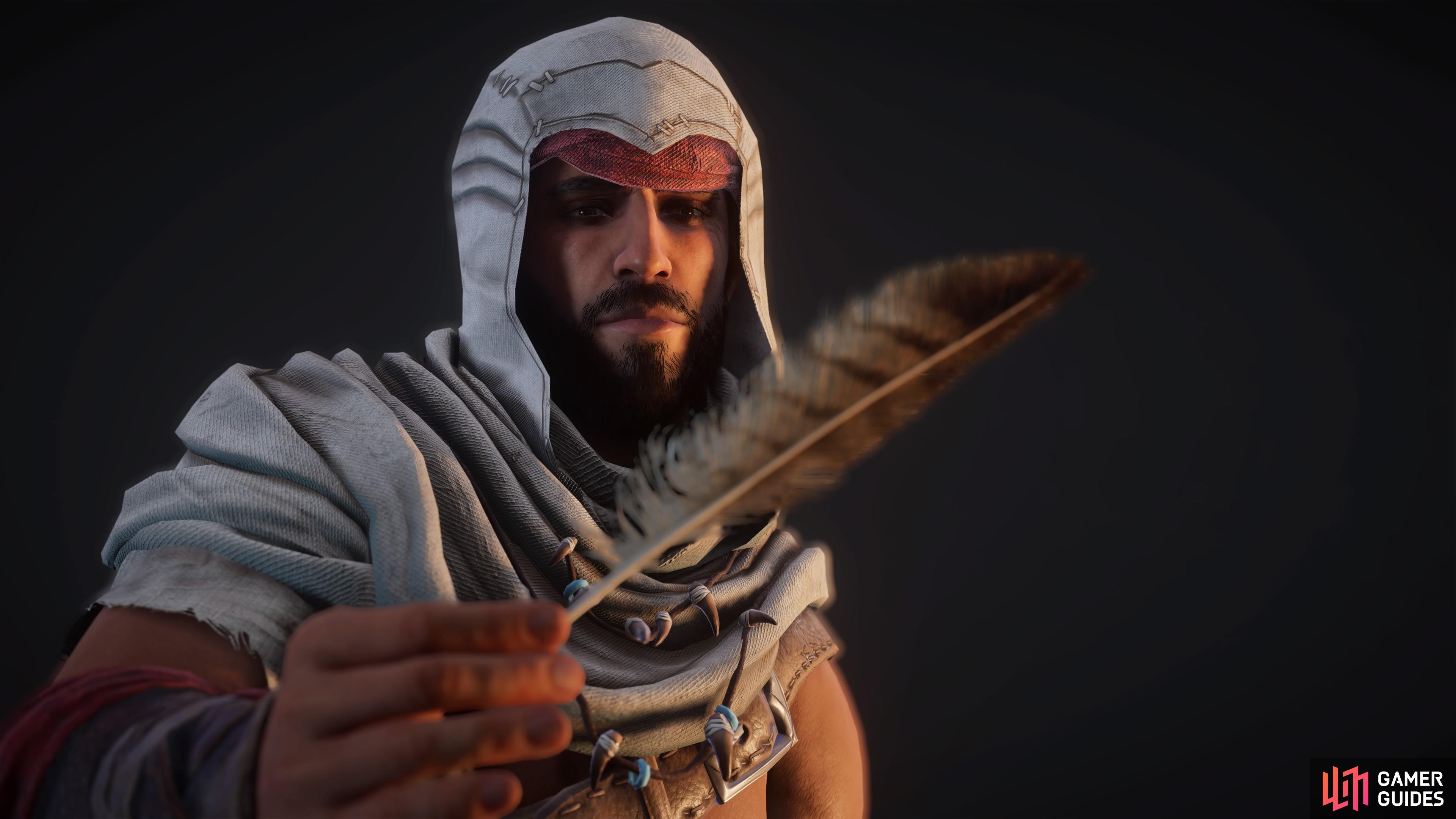

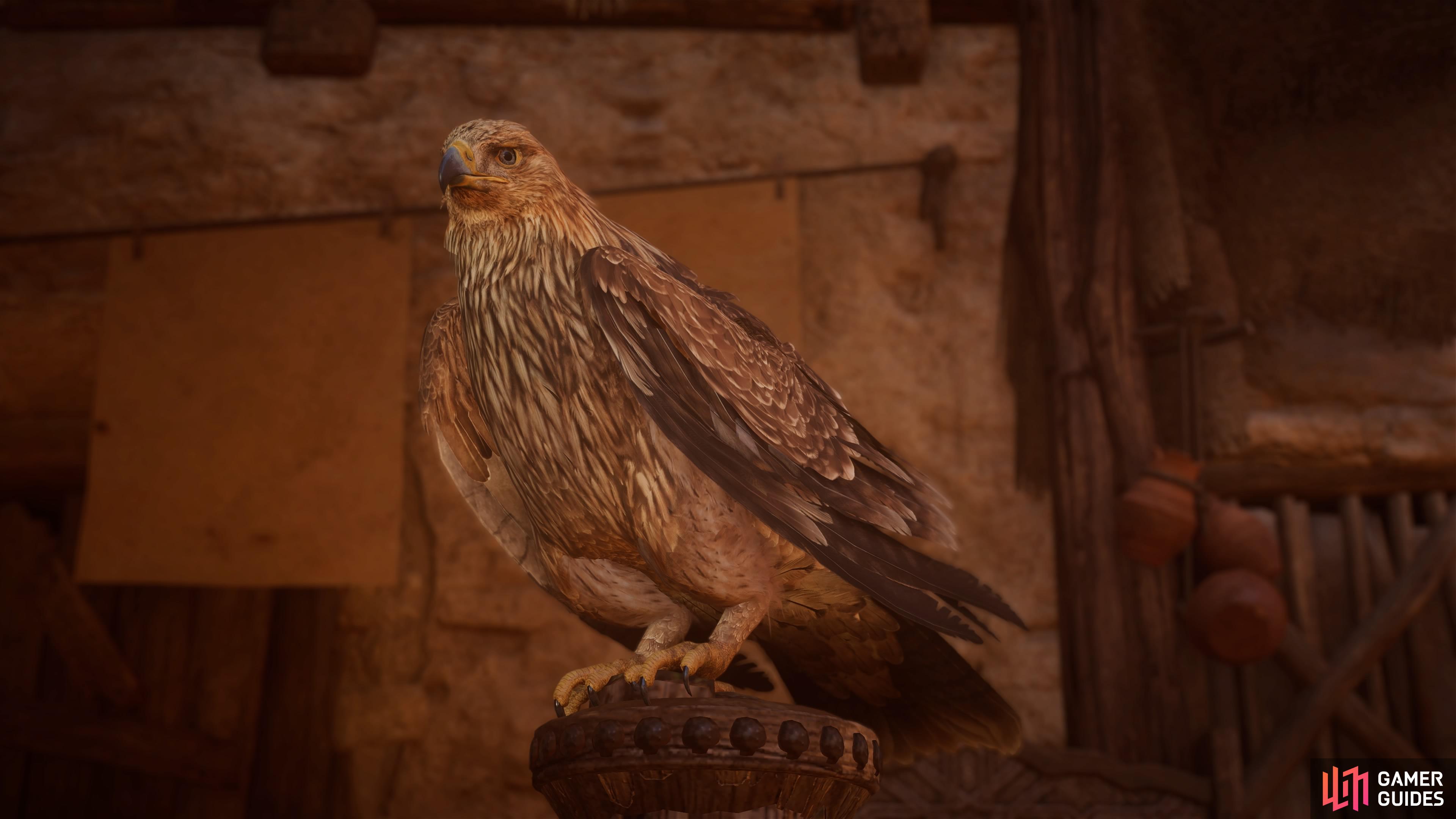
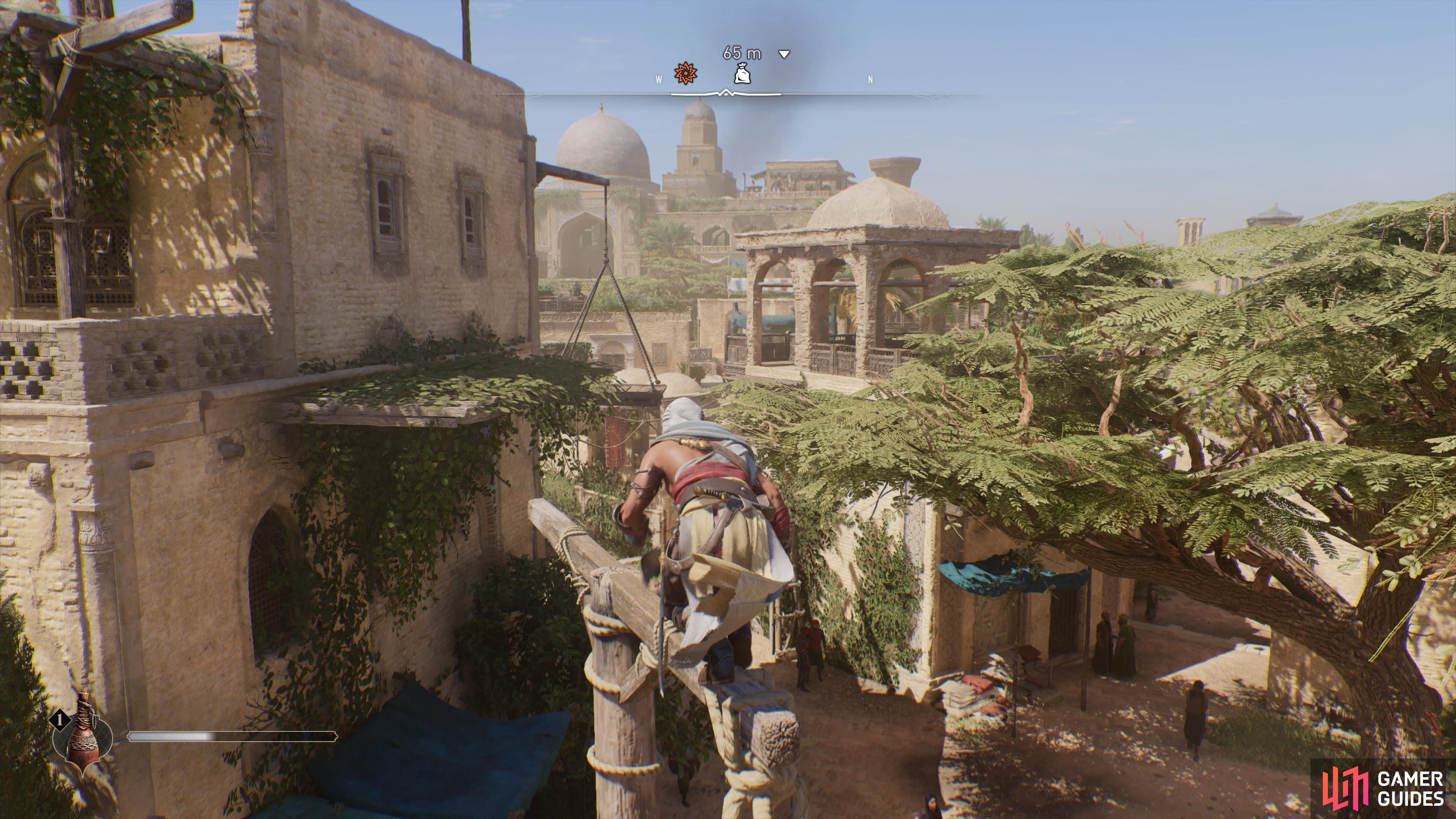
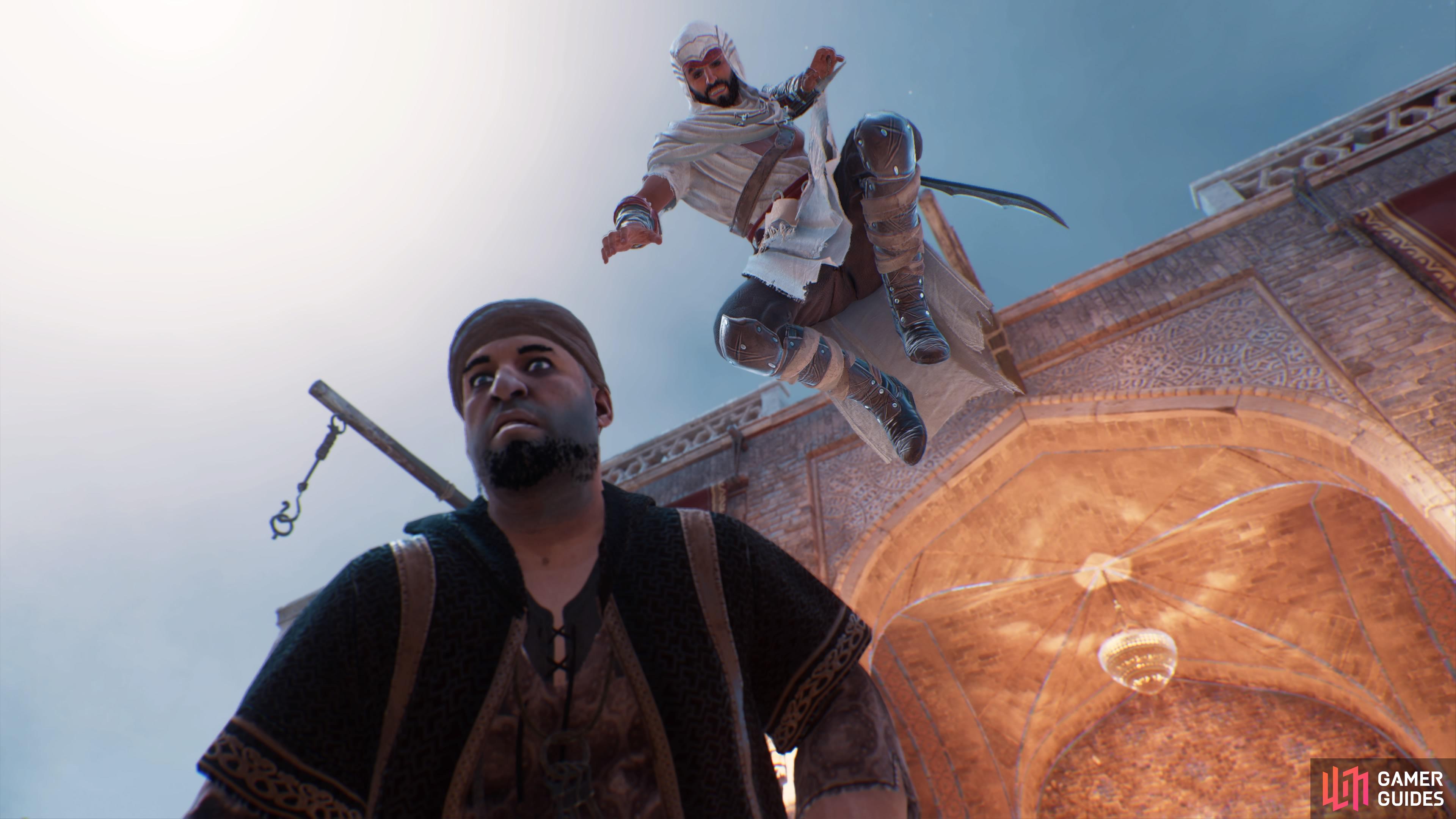
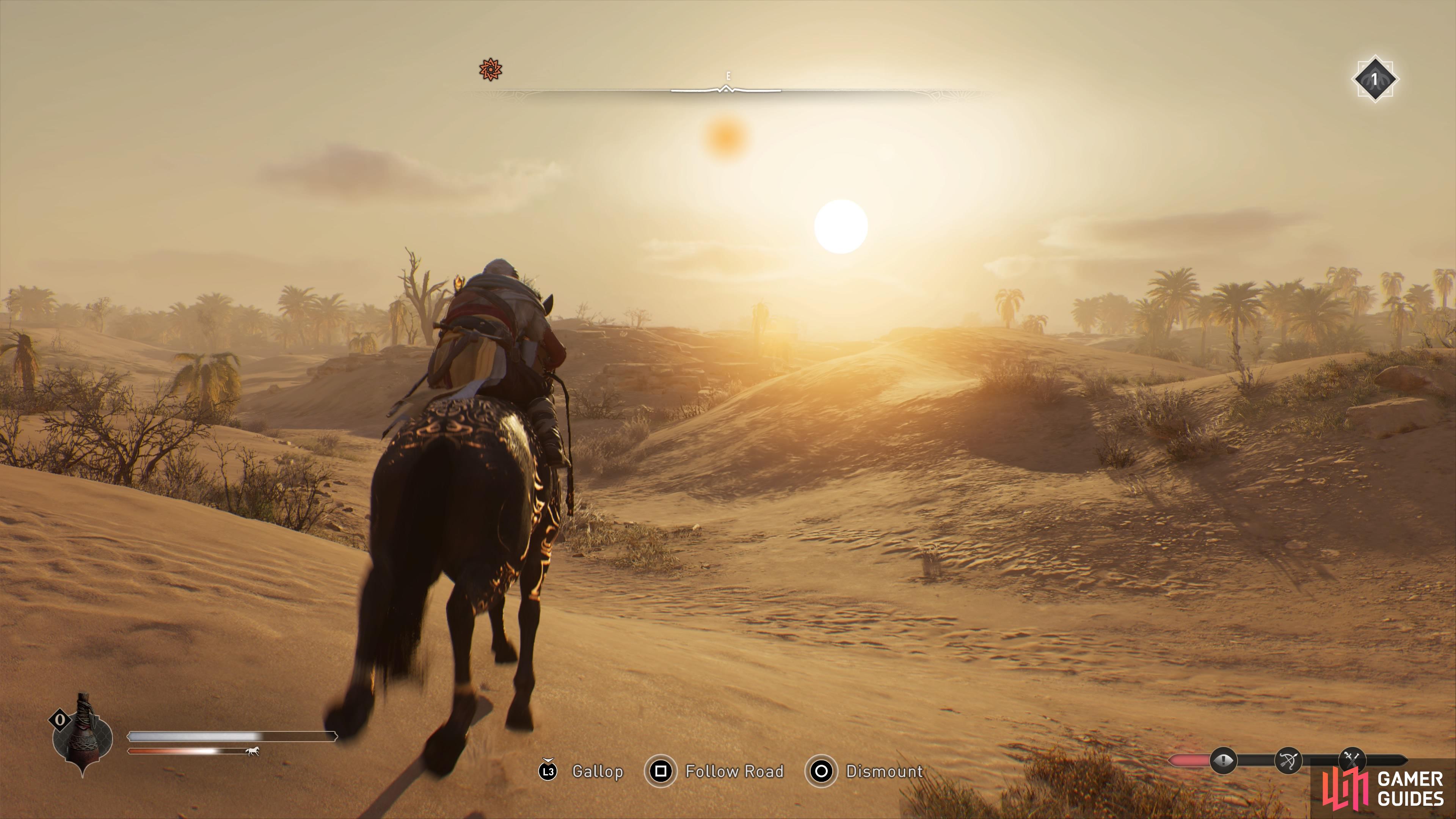
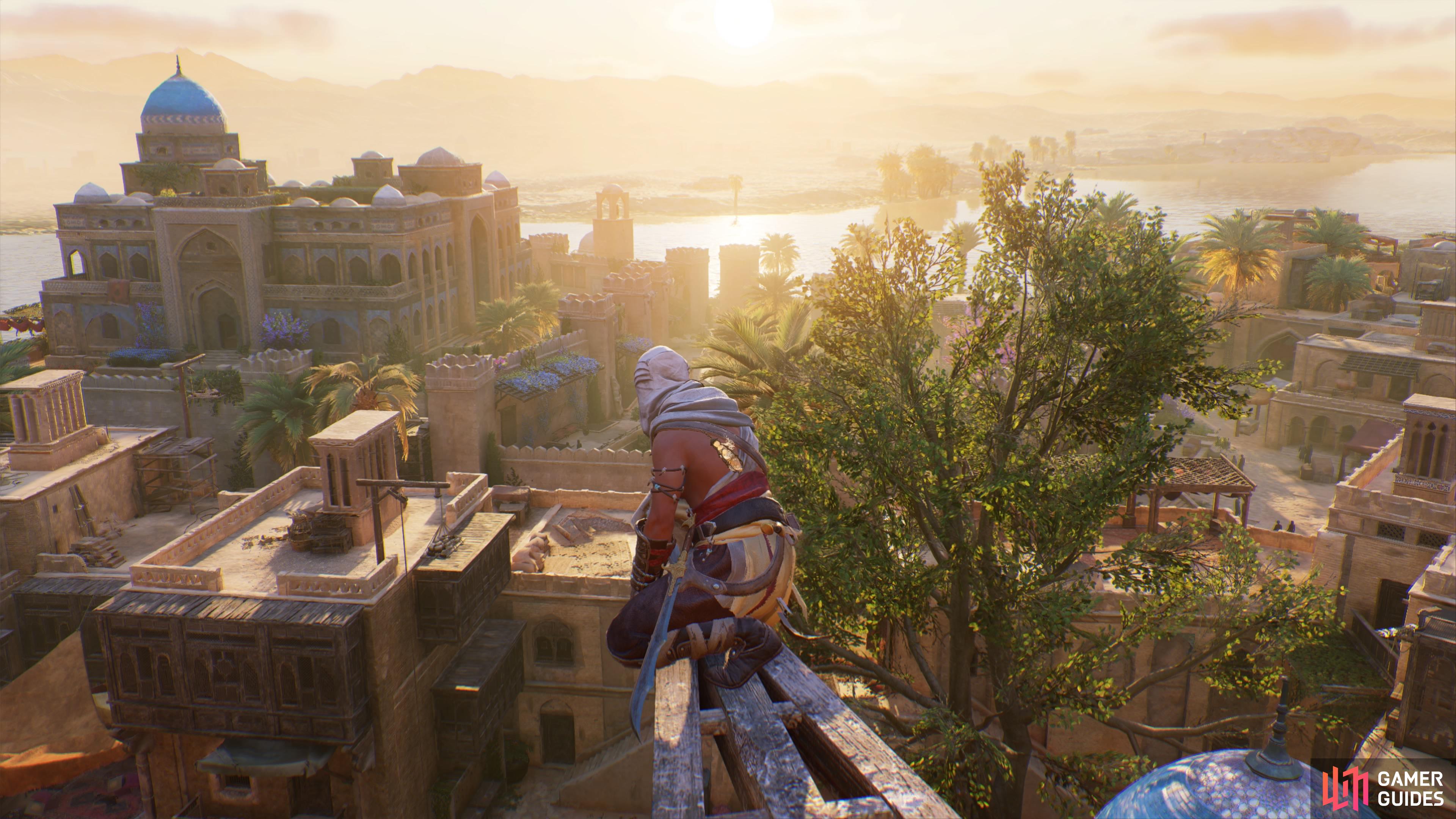
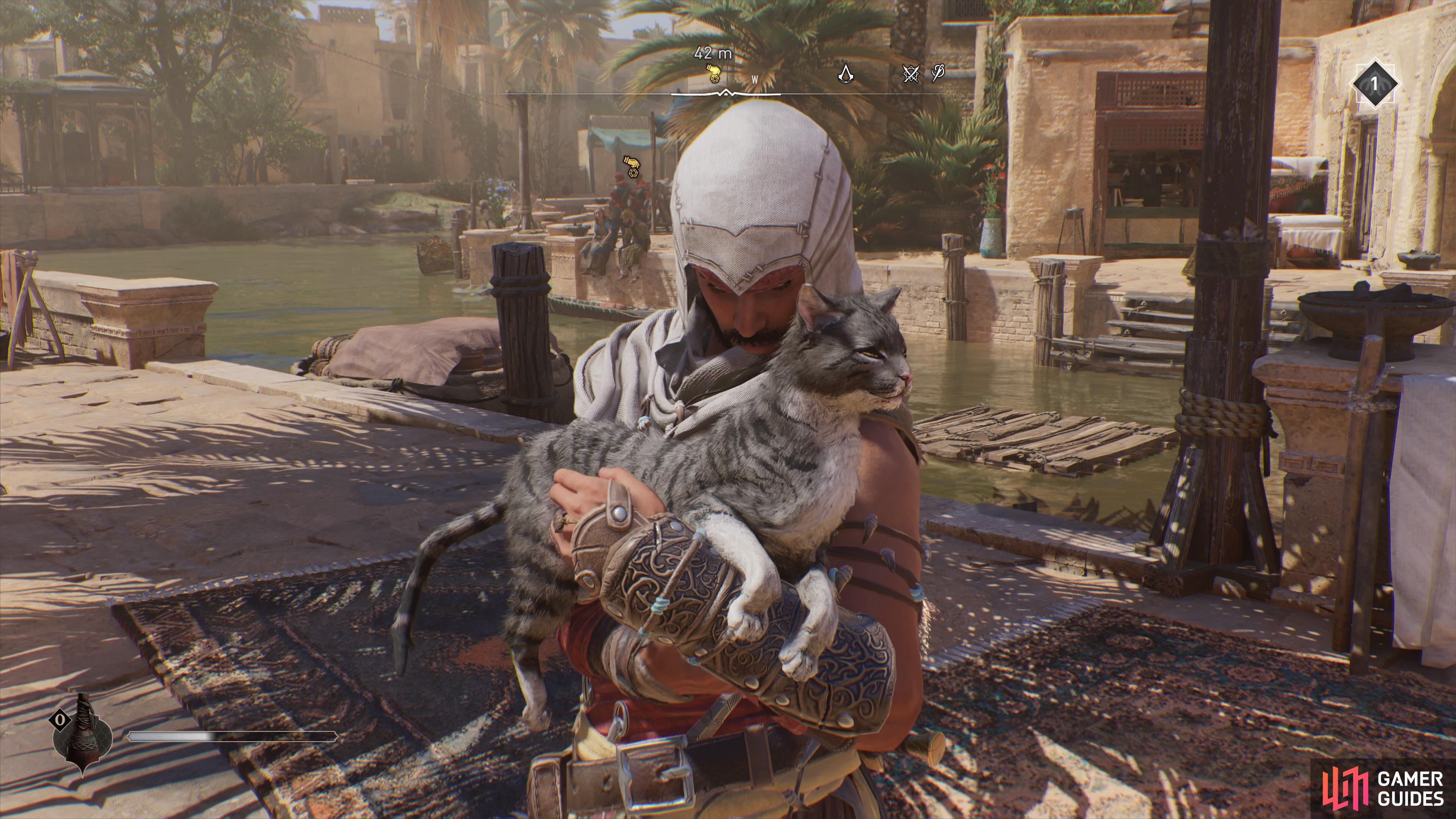

Great review, Chris!